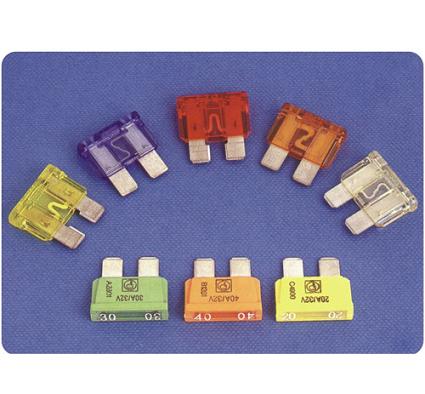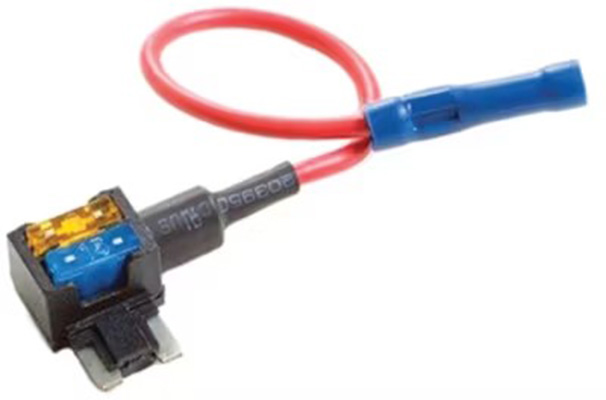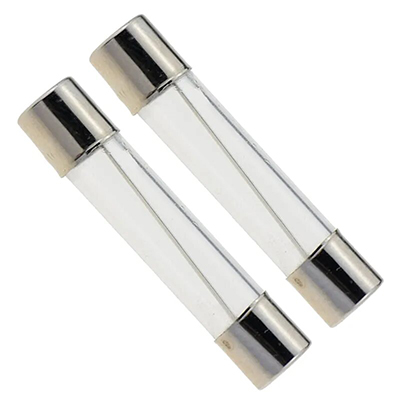Assessing Aftermarket and OEM Car Fuses: Key Factors for Vehicle Safety and Efficiency
News 2025-10-13
Car fuses are essential components that protect electrical systems from damage due to overloads or short circuits. When it comes to replacing a blown fuse, drivers often face a choice between original equipment manufacturer (OEM) and aftermarket options. This decision can impact vehicle reliability, cost, and performance. Understanding the differences helps ensure the best choice for specific driving needs and maintenance budgets. With fuses playing a critical role in modern vehicles, selecting the right type can prevent failures and extend component life.

OEM Car Fuses: Engineered for Exact Fit and Durability
OEM car fuses are produced by the same manufacturers that build the vehicle, ensuring they meet precise specifications. These fuses offer superior compatibility, reducing the risk of installation issues or electrical malfunctions. In high-stakes applications, such as safety systems or engine controls, OEM fuses provide enhanced reliability due to rigorous testing and quality control. For instance, in luxury or high-performance cars, their consistent performance helps maintain optimal functionality, making them ideal for new vehicles or warranty-covered repairs.
Aftermarket Car Fuses: Affordable Alternatives with Broad Availability
Aftermarket fuses come from third-party suppliers and often provide a cost-effective solution for routine maintenance. They offer a wide range of options, including different amperages and designs, which can be beneficial for custom modifications or older vehicles. In scenarios like daily commutes or budget-conscious repairs, aftermarket fuses deliver adequate protection while being easier to source. However, their performance depends on the brand; reputable manufacturers ensure good quality, making them suitable for non-critical circuits where cost savings are prioritized.
Factors to Consider in Fuse Selection
When choosing between OEM and aftermarket fuses, evaluate factors like vehicle age, usage intensity, and specific application needs. OEM fuses excel in scenarios requiring precision, such as electric vehicles or advanced driver-assistance systems, due to their tailored design. Conversely, aftermarket options shine in cost-sensitive situations, like fleet maintenance or hobbyist projects, offering flexibility and quick availability. Always check fuse ratings and consult vehicle manuals to balance safety, performance, and economy effectively.
Frequently Asked Questions
1. What defines OEM versus aftermarket car fuses?
OEM fuses are made by the vehicle’s original producer for exact compatibility, while aftermarket fuses are generic and may vary in quality but are typically cheaper.
2. In what situations are OEM fuses preferable?
OEM fuses are best for new cars or critical systems to ensure reliability and avoid voiding warranties, especially in safety-related components.
3. Can aftermarket fuses match OEM performance?
Yes, if sourced from trusted brands, aftermarket fuses can perform similarly, but testing for fit and quality is essential to maintain vehicle safety.


